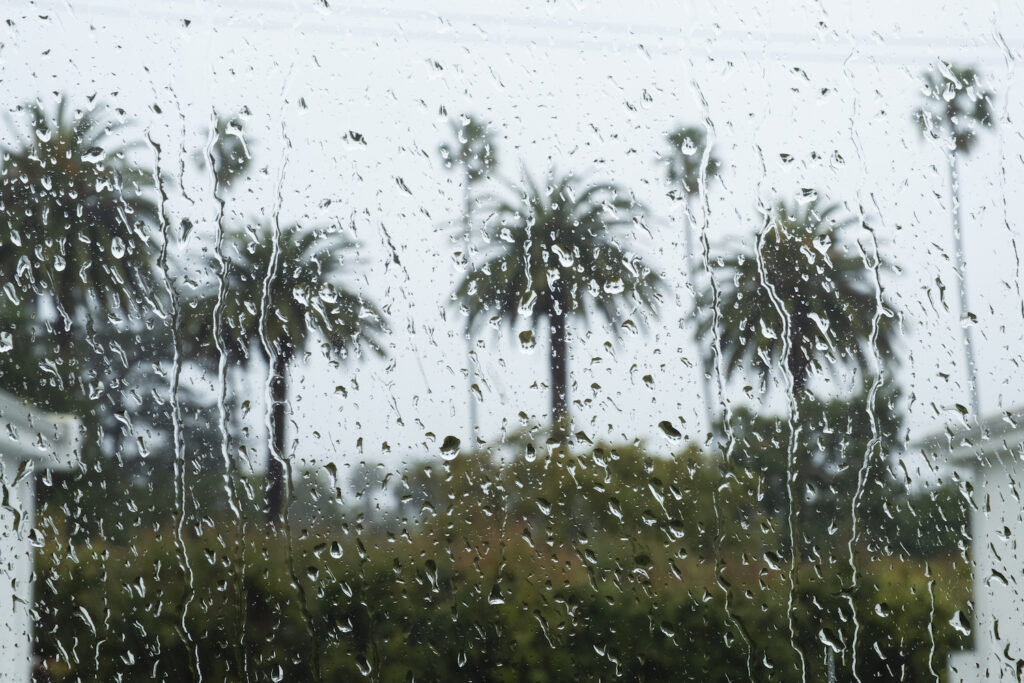Canada’s Department of Natural Resources is worried that “communities across Canada face the consequences of more frequent and more severe floods and wind storms, heavier snow loads and longer, hotter heat waves among other impacts...Today, the Honourable Jonathan Wilkinson, Minister of Natural Resources, shared the results of two projects that have increased the capacity of New Brunswickers to adapt to climate change.” We have dealt with claims about flooding elsewhere, and will revisit the issue often, no doubt. But today we want to pick up on the claim that climate change means more frequent and more severe wind storms. How does the government know? As with everything else, they know because everybody knows. So who needs to check? We do, naturally.
Actually we will first look once again at flooding, because it’s one of those topics the IPCC goes to some pains to make clear. In the latest (6th) Assessment Report, Working Group I, Chapter 11, page 55, they say “In Canada, there is a lack of detectable trends in observed annual maximum daily (or shorter duration) precipitation (Shephard et al., 2014; Mekis et al., 2015; Vincent et al., 2018).” So if there’s more flooding (which as we explain in our video, there is, in some places), it’s not because there’s more rain, there are just fewer places in cities for the rain to go.
As for wind speeds, let’s begin with Canada’s Changing Climate Report, the government’s own synthesis of the available evidence on all things climatic. Well not all things, because they say there isn’t enough data to draw conclusions about changing wind speeds (p. 120):
“Other climate variables, such as mean and extreme wind speeds, are not assessed in this report owing to limited analyses of available observations and limited research on the mechanisms and causes of observed and projected changes in Canada, although they are highly relevant to issues such as wind-energy production and building codes.”
Despite which they do make some comments (p. 380) about offshore winds near the Maritimes, namely that wind speeds are declining slightly:
“In summary, consistent significant trends in winds, storminess, and waves have not been found for most of the waters off Canada, in part due to limited data and strong effects of natural variability. Long-term data are very limited, tend to have very coarse spatial resolution, and do not cover nearshore areas. A slight northward shift of storm tracks, with decreased wind speed and lower wave heights off Atlantic Canada, has been observed and is projected to continue (low confidence).”
For our part, looking specifically at Fredericton, the capital city of the province of New Brunswick that so concerned Minister Wilkinson, we turn to our old “Climate Emergency Tour” data friends at weatherstats.ca to obtain the available record on annual maximum wind gusts back to 1955. Here it is:

https://fredericton.weatherstats.ca/charts/wind_gust_speed-yearly.html
Yes, what you’re seeing is a downward trend. The peak year was 1971, fully 50 years ago, and 2022 is on track to tie 2004 and 2007 as the minimum years. Everybody knows climate change means bigger wind storms. Someone just needs to tell the climate.



I love your material, both written and videos, and I have sent money to support your program. But please, make the font larger in your articles!
Philip: You can control the font size on your screen with CTL+ to make it bigger and CTL- to make it smaller.